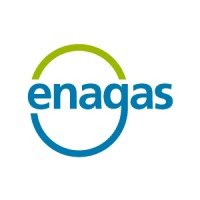Kogas, Gggi agree on promoting green hydrogen
Both organisations have mutual interests in deepened collaboration supporting the progress toward the SDGs and the Paris Agreement.

The Global Green Growth Institute (Gggi) and the Korea Gas Corporation (Kogas), a public natural gas company, will promote green hydrogen in developing and emerging countries, including Indonesia.
The two parties plan to prioritise green hydrogen production and domestic introduction using Indonesia’s abundant geothermal and hydroelectric power sources. They will also cooperate in various areas, including a feasibility study for green hydrogen production project development and local policy and system establishment and financial support.
They will also join forces to advance the production and use of green hydrogen in Gggi’s Member countries. They will also explore the potential to export green hydrogen to countries intending to decarbonise their economies.
Kogas will offer a technical understanding of green hydrogen production while Gggi’s can support the development of financially viable green hydrogen projects.
Gggi and Kogas are hoping to support emerging economies to leverage the wealth of renewable energy available in the country, promoting its use in local heavy industry and potentially exporting to other countries.
Dr Frank Rijsberman, DG of Gggi, said, “This will be an important project between member countries of Gggi member countries, such as Indonesia, Morocco, India and Korea.”
Early this week, Kogas and Germany’s Siemens Energy signed an agreement to promote stable hydrogen business such as green hydrogen production and hydrogen power generation. The companies agreed to closely cooperate in all areas of the hydrogen business, including domestic large-capacity green hydrogen production and supply demonstration, hydrogen turbine power generation, overseas green hydrogen production and hydrogen technology development.
Previously, Kogas also signed a ‘business agreement for promoting the Pyeongtaek fuel cell business’ with Ssangyong E&C and Pyeongtaek Energy Service as part of the carbon-neutral energy conversion project.
